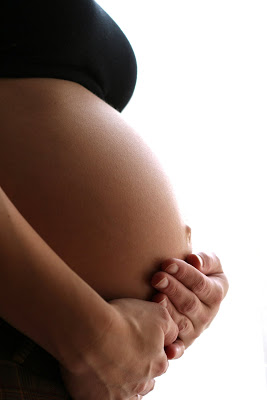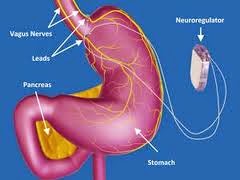In my recent ‘stream’ (pun intended?) of blogs, I’ve been focusing on kidney health (see here and here). In a recent post, I discussed how obesity can adversely affect kidney health.
Now, let’s look at things from the viewpoint of people who have chronic kidney disease, who struggle with elevated weight.
Today, our question is: for people who have chronic kidney disease (due to obesity or due to other causes), how can we help them manage elevated body weight?
A fantastic review article, published in the Journal of the American Society of Nephrology, discusses this topic in detail (it’s a free download!).
Background information:
- Almost half (44%) of people in USA with chronic kidney disease (CKD) also have obesity (vs 37% obesity in people without CKD during the time frame studied).
- Diabetes and hypertension (high blood pressure) are the leading causes of CKD. Both diabetes and hypertension can be brought on, or worsened, by obesity.
- Obesity is estimated to account for 20-25% cases of CKD worldwide. Most of this is explained by diabetes and hypertension. That being said, obesity is independently associated with CKD, end stage kidney disease (need for dialysis or transplant), acute (sudden) kidney damage, and protein in the urine, which is marker of kidney damage and cardiovascular disease risk.
- The rate of kidney function (GFR) decline increases (linearly and progressively) with higher body mass index (BMI).
In terms of the experience of people with CKD who also has elevated body weight:
- Obesity increases the burden of disease and disability in people with CKD.
- Having elevated body weight can present challenges in managing CKD. This can include difficulty in placing access for dialysis, or being denied a kidney transplant due to concerns for higher risk of surgical complications (which, by the way, is not a consistent finding in the studies done on this topic).
Can weight loss improve kidney health, in people with chronic kidney disease?
Weight loss can improve risk factors associated with obesity and CKD, such as diabetes and hypertension. Some studies have suggested that weight loss of as little as 2-4kg (approx 5-10lb) can offer some degree of kidney protection, including protection against development of CKD, decline in kidney function (GFR), and reduction or prevention of protein in the urine (see table 2 in the paper for details of these studies, which include lifestyle changes, weight management medication, and bariatric surgery).
Challenges in weight management in people with CKD include:
- Dietary management: It can be difficult to manage elevated weight with diet, while also adhering to kidney-specific restrictions on nutrients like protein or potassium.
- Some weight management medications have some data in people with chronic kidney disease, others to a lesser extent.
- There are no focused studies (yet) of weight loss medications specifically in people with chronic kidney disease, to see if these medications can improve markers of kidney health/function in addition to improving weight.
BOTTOM LINE: We need to address and treat obesity earlier, at a lower weight, to prevent, delay, or improve weight-related health issues, including chronic kidney disease. Special considerations may need to be given to help people with CKD manage weight. We urgently need studies of obesity treatments specifically in people with chronic kidney disease.
Share this blog post using your favorite social media link below!
Follow me on twitter! @drsuepedersen
www.drsue.ca © 2022












